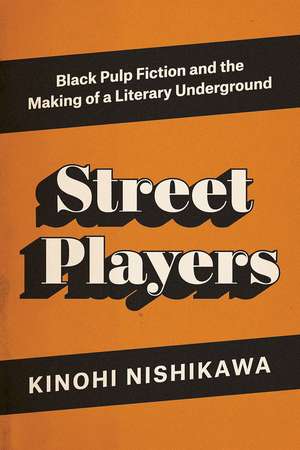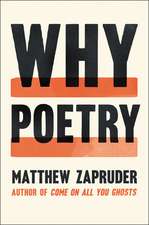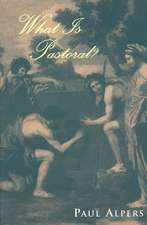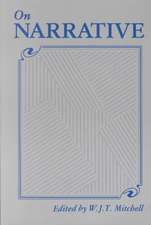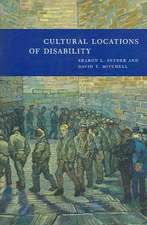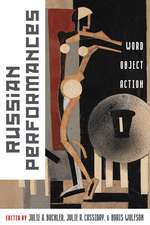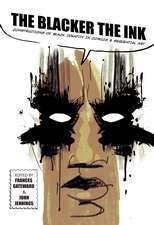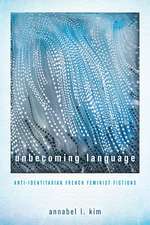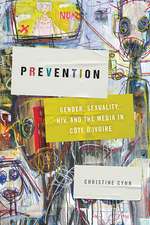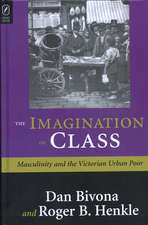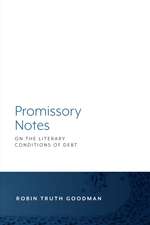Street Players: Black Pulp Fiction and the Making of a Literary Underground
Autor Kinohi Nishikawaen Limba Engleză Paperback – 11 ian 2019
The uncontested center of the black pulp fiction universe for more than four decades was the Los Angeles publisher Holloway House. From the late 1960s until it closed in 2008, Holloway House specialized in cheap paperbacks with page-turning narratives featuring black protagonists in crime stories, conspiracy thrillers, prison novels, and Westerns. From Iceberg Slim’s Pimp to Donald Goines’s Never Die Alone, the thread that tied all of these books together—and made them distinct from the majority of American pulp—was an unfailing veneration of black masculinity. Zeroing in on Holloway House, Street Players explores how this world of black pulp fiction was produced, received, and recreated over time and across different communities of readers.
Kinohi Nishikawa contends that black pulp fiction was built on white readers’ fears of the feminization of society—and the appeal of black masculinity as a way to counter it. In essence, it was the original form of blaxploitation: a strategy of mass-marketing race to suit the reactionary fantasies of a white audience. But while chauvinism and misogyny remained troubling yet constitutive aspects of this literature, from 1973 onward, Holloway House moved away from publishing sleaze for a white audience to publishing solely for black readers. The standard account of this literary phenomenon is based almost entirely on where this literature ended up: in the hands of black, male, working-class readers. When it closed, Holloway House was synonymous with genre fiction written by black authors for black readers—a field of cultural production that Nishikawa terms the black literary underground. But as Street Players demonstrates, this cultural authenticity had to be created, promoted, and in some cases made up, and there is a story of exploitation at the heart of black pulp fiction’s origins that cannot be ignored.
Kinohi Nishikawa contends that black pulp fiction was built on white readers’ fears of the feminization of society—and the appeal of black masculinity as a way to counter it. In essence, it was the original form of blaxploitation: a strategy of mass-marketing race to suit the reactionary fantasies of a white audience. But while chauvinism and misogyny remained troubling yet constitutive aspects of this literature, from 1973 onward, Holloway House moved away from publishing sleaze for a white audience to publishing solely for black readers. The standard account of this literary phenomenon is based almost entirely on where this literature ended up: in the hands of black, male, working-class readers. When it closed, Holloway House was synonymous with genre fiction written by black authors for black readers—a field of cultural production that Nishikawa terms the black literary underground. But as Street Players demonstrates, this cultural authenticity had to be created, promoted, and in some cases made up, and there is a story of exploitation at the heart of black pulp fiction’s origins that cannot be ignored.
Preț: 228.38 lei
Nou
Puncte Express: 343
Preț estimativ în valută:
43.71€ • 45.15$ • 36.37£
43.71€ • 45.15$ • 36.37£
Carte tipărită la comandă
Livrare economică 25 martie-08 aprilie
Preluare comenzi: 021 569.72.76
Specificații
ISBN-13: 9780226586915
ISBN-10: 022658691X
Pagini: 288
Ilustrații: 30 halftones
Dimensiuni: 152 x 229 x 24 mm
Greutate: 0.43 kg
Ediția:First Edition
Editura: University of Chicago Press
Colecția University of Chicago Press
ISBN-10: 022658691X
Pagini: 288
Ilustrații: 30 halftones
Dimensiuni: 152 x 229 x 24 mm
Greutate: 0.43 kg
Ediția:First Edition
Editura: University of Chicago Press
Colecția University of Chicago Press
Notă biografică
Kinohi Nishikawa is assistant professor of English and African American studies at Princeton University.
Cuprins
Introduction: From Sleaze to Street
Part One Origins
1 Up from Domesticity
2 Street Legends
3 Black Sleaze
Part Two Transitions
4 Missing the Revolution
5 Return of the Mack
Part Three Trajectories
6 Difference and Repetition
7 Reading the Street
8 The Difference Within
Epilogue: And Back Again
Acknowledgments
Notes
Index
Part One Origins
1 Up from Domesticity
2 Street Legends
3 Black Sleaze
Part Two Transitions
4 Missing the Revolution
5 Return of the Mack
Part Three Trajectories
6 Difference and Repetition
7 Reading the Street
8 The Difference Within
Epilogue: And Back Again
Acknowledgments
Notes
Index
Recenzii
"Nishikawa’s delightful new history of black pulp fiction is as entertaining as it is informative. In Street Players, Nishikawa looks at the history of mid-century publisher Holloway House, where editors decided to tap into white audiences’ growing tastes for crime and erotic novels featuring black characters and interracial sex, and in the process, unintentionally became the first publishing house to feature black authors writing pulp for black audiences. Nishikawa traces the history of black pulp from its early origins in gentlemen’s magazines, to its heady days of hacks churning out paperbacks, to the literary pulp heyday of such voices as Iceberg Slim and Donald Goines, and beyond, to the modern era of street lit, urban fiction, and hip hop. Essential reading for anyone interested in mid-century pulp and the evolution of urban fiction!"
"Most importantly, the book sheds light on how a pulp publisher actually worked in terms of procuring authors, marketing and distribution, and, to the degree that is possible, who read its print products and why. There is simply not enough of this kind of analysis of mid century pulp publishing, precisely because it is so difficult to do well. . . . [A] rich, largely untold history."
"Nishikawa’s intervention in authenticity and street literature studies helps us to understand the complexity of authenticity narratives without essentialism or reductive arguments. It paints a complex picture in the simplicity of its frame: to understand authenticity we must first turn to the structuralist components that allow it to flourish. Likewise, this study helps us understand cultural myths like Iceberg Slim’s without dismissing their potency in the marketplace and public sphere. Street Players rightfully places theoretical power in the material that allows readers to both examine authenticity and deconstruct cultural myths without disrespecting the cultural moments that create them. In other words, where Ice Cube falls short Nishikawa’s Street Players describes who, exactly, is the mack."
“Nishikawa not only pinpoints a key player in the rise of black pulp fiction, he successfully sheds light on an important consideration: that the cultural milieu of post–World War II America was fraught with masculine anxiety that existed alongside a unique brand of racial animus. By indexing the breadth, scope, and depths of this world, Nishikawa delineates the marketing and creative energies Holloway House harnessed to create a literary counterpublic, a highly race-specific and culturally attuned literary practice whose near-total disregard for the kinds of truth claims generally associated with realist fiction created a circumstance that privileged political incorrectness and disjunctive behavior. A very deft interrogation.”
“Street Players is among the rarest of the rare: a work of literary history that makes an important scholarly intervention while at the same time telling a story that will be widely interesting far beyond the halls of an English department. Nishikawa’s groundbreaking original research newly narrates a significant period in twentieth-century African American literature. At once a deep history of a single publishing house and a wide-ranging examination of class, gender, and black readership in the postwar era, Street Players contributes to the ongoing project of historicizing seemingly self-evident concepts such as authenticity and appropriation. A standout, a definitive and authoritative history of a minor genre that takes black pulp from the margins of more established fields to their center.”
"Nishikawa deals with texts that do not usually receive the nuanced treatment he gives them...Street Players is an impressive achievement. It deserves—and needs—to be read."
"Nishikawa’s Street Players is an institutional history of the white-owned paperback and periodical publisher Holloway House. In eight briskly-paced chapters, an introduction, and an epilogue, Nishikawa shows how this publisher, which originated to capitalize on the print pornography market, ultimately played a crucial, if unlikely, role in the emergence of the Black literary underground."
